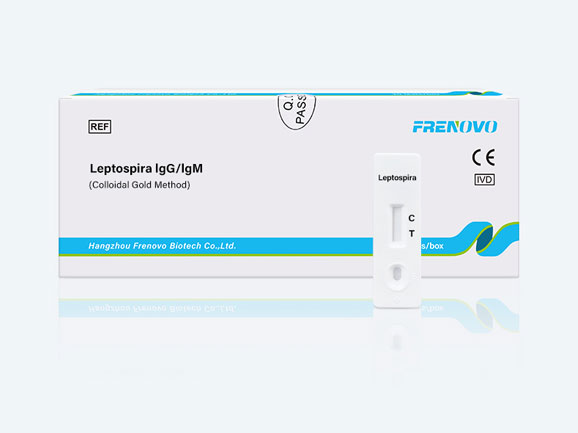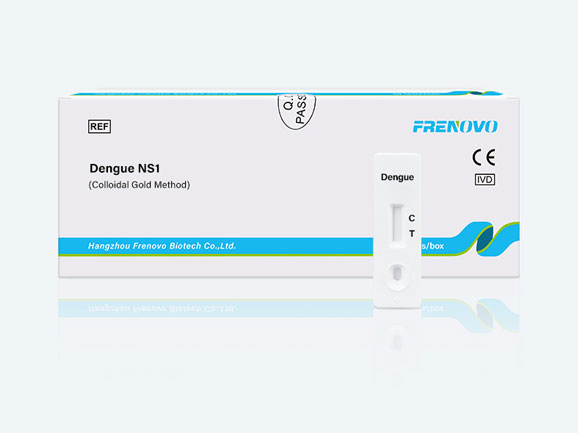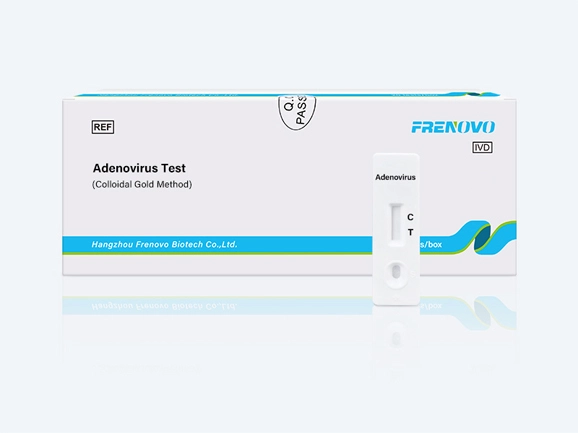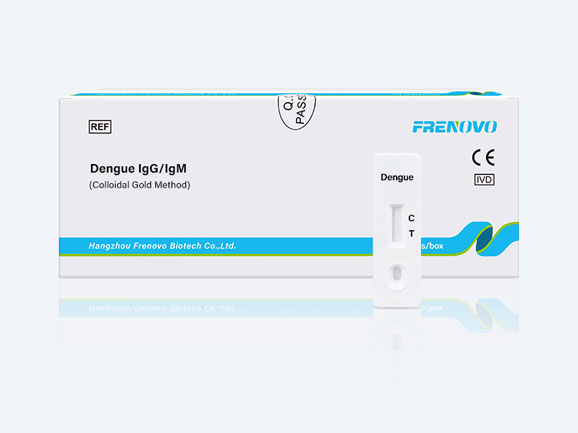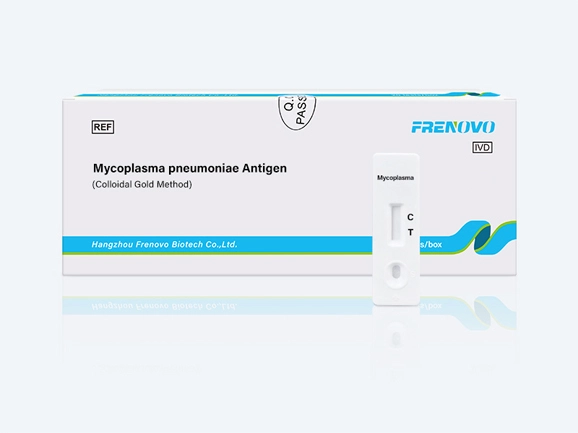

Mycoplasma pneumoniae: an elusive pathogen
• Mycoplasmas are the smallest self-replicating organisms that are capable of cell-free existence
• Due to the lack of a cell wall, mycoplasmas do not respond to penicillins and other beta-lactams used for the treatment of bacterial pneumonia
• Differential diagnosis of M. pneumoniae is crucial for effective patient management
ImmunoFLOW Mycoplasma pneumoniae IgM Test detects human IgM to the complement-fixing antigen and is intended as an aid in the diagnosis of infection.
The order Mycoplasmatales includes approximately 70 species, most of which are not found in humans. The genus Mycoplasma contains two species commonly found in man, M. pneumoniae and M. genitalium. These two species share lipid antigen specificities (complement-fixing antigen), and are therefore antigenically related. Two other human pathogens, M. hominis and Ureaplasma urealyticum are not serologically related and therefore not cross-reactive to this complement-fixing antigen. M. pneumoniae is the only known Mycoplasma species that is a primary pathogen in man. Clinical manifestations can range from asymptomatic respiratory infections to severe pneumonia. M. pneumoniae accounts for 15 to 20% of total pneumonia.
Other symptoms associated with M. pneumoniae infection include abnormalities of the central nervous system (meningitis, encephalitis), cardiac involvement (myocarditis, pericarditis), hemolytic anemia, arthritis, G.I. inflammations, and mucocutaneous reactions. M. pneumoniae is identified as a common infectious cause of Stevens-Johnson Syndrome, a well-defined systemic disease that can develop into a life-threatening illness in children.

